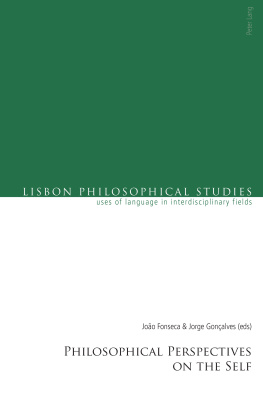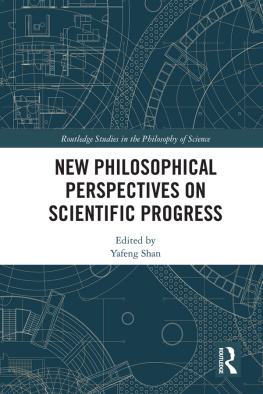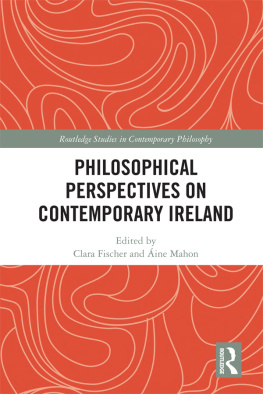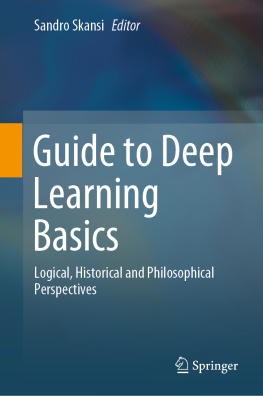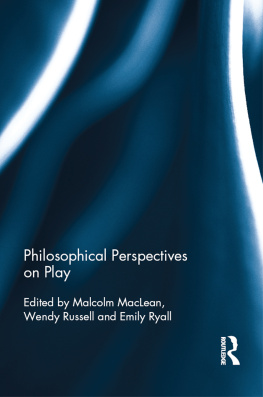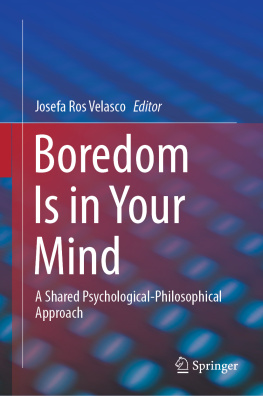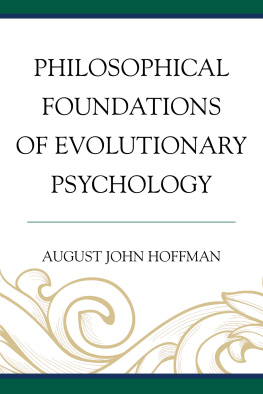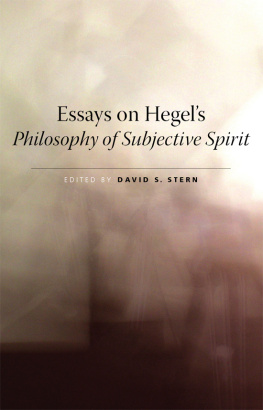LISBON PHILOSOPHICAL STUDIES
uses of language in interdisciplinary fields
A Publication from the Institute of Philosophy of Language at the New University of Lisbon
edited by
Antnio Marques (General Editor)
Nuno Venturinha (Executive Editor)
Editorial Board:
Gabriele De Angelis, Humberto Brito, Joo Fonseca, Franck Lihoreau, Antnio Marques,Maria Filomena Molder, Diogo Pires Aurlio, Erich Rast, Joo Sgua, Nuno Venturinha
Advisory Board:
Jean-Pierre Cometti (Universit de Provence), Lynn Dobson (University of Edinburgh),Ernest Lepore (Rutgers University), Renato Lessa (IUPE-Rio de Janeiro), Andrew Lugg(University of Ottawa), Stefan Majetschak (Universitt Kassel), Jess Padilla Glvez(Universidad de Castilla-La Mancha), Joachim Schulte (Universitt Zrich)

Bern Berlin Bruxelles Frankfurt am Main New York Oxford Wien
Joo Fonseca & Jorge Gonalves (eds)
PHILOSOPHICAL PERSPECTIVES ON THE SELF

Bern Berlin Bruxelles Frankfurt am Main New York Oxford Wien
Bibliographic information published by Die Deutsche Nationalbibliothek Die Deutsche Nationalbibliothek lists this publication in the Deutsche Nationalbibliografie; detailed bibliographic data is available on the Internet at .
British Library Cataloguing-in-Publication Data: A catalogue record for this book is available from The British Library, Great Britain
Library of Congress Cataloging-in-Publication Data
Philosophical perspectives on the self / Joo Fonseca & Jorge Gonalves (eds). 1st ed.
pages cm. (Lisbon philosophical studies, 1663-7674 ; Vol. 5)
Includes bibliographical references.
ISBN 978-3-03-431402-2
1. Self (Philosophy) I. Fonseca, Joo, 1971- II. Gonalves, Jorge, 1960-BD450.P472345 2014
126dc23
2014044012
Financial Support: Project Cognitive Foundations of the Self PTDC/FIL-FCI/110978/2009(FCT Fundao para a Cincia e Tecnologia)
ISSN 1663-7674 pb.
ISBN 978-3-0343-1402-2 pb.
ISSN 2235-641X eBook
ISBN 978-3-0351-0786-9 eBook
This publication has been peer reviewed.
Peter Lang AG, International Academic Publishers, Bern 2015
Hochfeldstrasse 32, CH-3012 Bern, Switzerland
info@peterlang.com, www.peterlang.com.
All rights reserved. All parts of this publication are protected by copyright. Any utilisation outside the strict limits of the copyright law, without the permission of the publisher, is forbidden and liable to prosecution. This applies in particular to reproductions, translations, microfilming, and storage and processing in electronic retrieval systems.
Contents
We would like to thank, first and foremost the Portuguese Foundation for Science and Technology for their support in funding the Research project The Cognitive Foundations of The Self (PTDC/FIL-FCI/110978/2009).
We also would like to thank Peter Lang for all the help during the process and the Instituto de Filosofia da Linguagem for all the support and facilities.
Finally, we wish to thank the following people: Antnio Marques, Nuno Venturinha, Ins Hiplito, Daniel Ramalho and all the collaborators in this volume, among whom Peter Olson for his patience and sheer professionalism.
Lisbon, November 2013
Joo Fonseca and Jorge Gonalves
I. The Background
The quest for the nature and scope of the human Self has been one of the most important intellectual tasks in western thought. Nevertheless, It was not until Descartes and the rise of modern philosophy, that the cluster of problems we now associate to the notion of Self were identified as such (eg.: self-identity, the nature of self-reflection, the epistemological status of self-evidence, the unity of conscious experience, among others). What was more, this set of problems were taken to be among the most crucial philosophical tasks to be addressed in the upcoming centuries. The work of such diverse authors as Hume, Lock, Kant, Nietzsche, William James, Husserl, Wittgenstein, or Sartre, to name just a few, testifies this importance.
In the last 10 to 15 years the topic of the Self has strongly re-emerged. This renewed interest is illustrated by the number of recent collections of essays and anthologies (Gallagher, 1998; Kircher, 2003; Gallagher, 2010). One of the main factors holding behind such interest has to do with the recent burst of different methodologies and approaches adopted to face the set of problems related to the Self. These methodologies include but go beyond the more traditional philosophical approaches (like phenomenology or linguistic analysis) (Dan Zahavi, 2005; Perry, 2002), into empirical researches in the areas of cognitive psychology (Gallagher, 2005, 2008; Hofstadter 2007) several branches of the neurosciences (Damasio, 1999; LeDoux, 2002; Kircher, 2003), analysis of psychiatric pathologies (such as schizophrenia) (Parnas, 2010) and other disciplines and methodologies related to the interdisciplinary field of current cognitive sciences and even social theorists and cultural analysis (Elliot, 2007).
These are, thus, exciting times in what the studies regarding the notion the Self are concerned: neuroscientists and cognitive psychologists are accessing this notion by providing empirical methods and scientific tools (redefining and revolutionizing the way the western 9 | 10 tradition approaches the problem) philosophers and cognitive scientists from various traditions are rediscovering old methodologies like phenomenology and psychoanalysis and, psychiatric approaches to cases like schizophrenia are establishing links with philosophical proposals concerning the nature of the self and its ontological status. Succinctly, the last decade has seen the reemergence of the interest on the notion of Self under a new interdisciplinary umbrella.
As a drawback the adoption of such different approaches and methodologies seems to result in a proliferation of unarticulated and, most of the time, incommensurable concepts and results. Gallagher and Zahavi (2008, pp. 197198) identify this problem:
[T]his disparity, which is both problematic and productive, is directly related to the variety of methodological approaches taken within philosophy and in related interdisciplinary studies of the self. They include introspection, phenomenological analysis, the use of thought experiments, empirical research in cognitive and brain sciences, and studies of exceptional and pathological behaviour. One problem to be posed in this light is whether different characterizations of self signify diverse aspects of a unitary concept of selfhood, or whether they pick out different and unrelated concepts.
Therefore, this new transdisplinary approach comes with a cost: a taxonomical confusion and fragmentation inherent to the proliferation of so distinct methodological approaches. In itself, this consequence constitutes an unfortunate obstacle to the very progress in the field of the studies about the nature of the Self. Where it should be expected conceptual unity there is, instead, incommensurability and lack of communication.
We believe that Philosophy, given its general, far reaching, synoptic and conceptual approach is specially suited to overcome this unfortunate scenario by providing conceptual clarification that facilitates the establishment of links between disciplines. The present volume is an attempt to a first approximation to different sub-topics and methodologies about the Self from a Philosophical standpoint.
It should be stressed that, and as stated in the quote above, philosophical approaches to the problems of the self are, by themselves, everything but unified and monolithic. This diversification can be understood at two different levels: the level of the different
Next page
